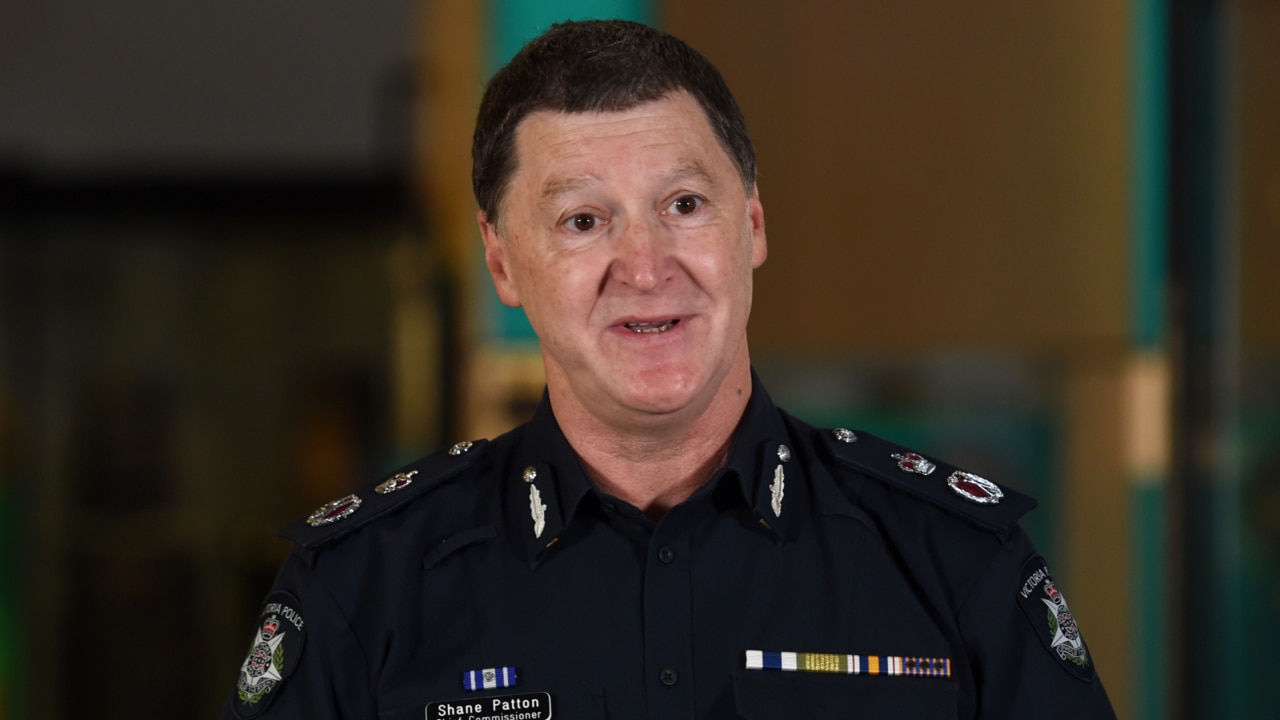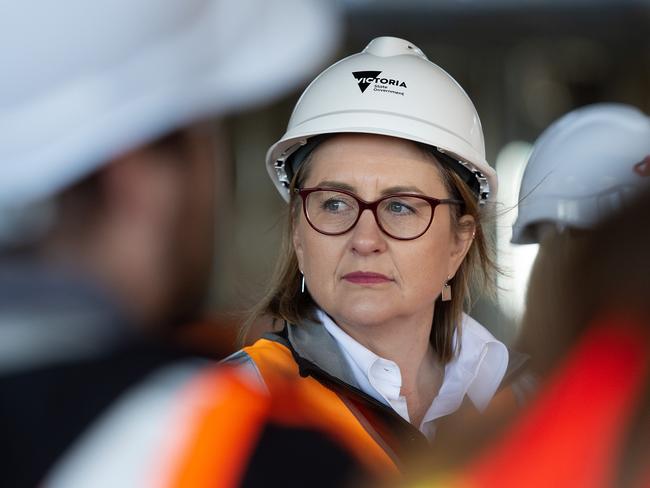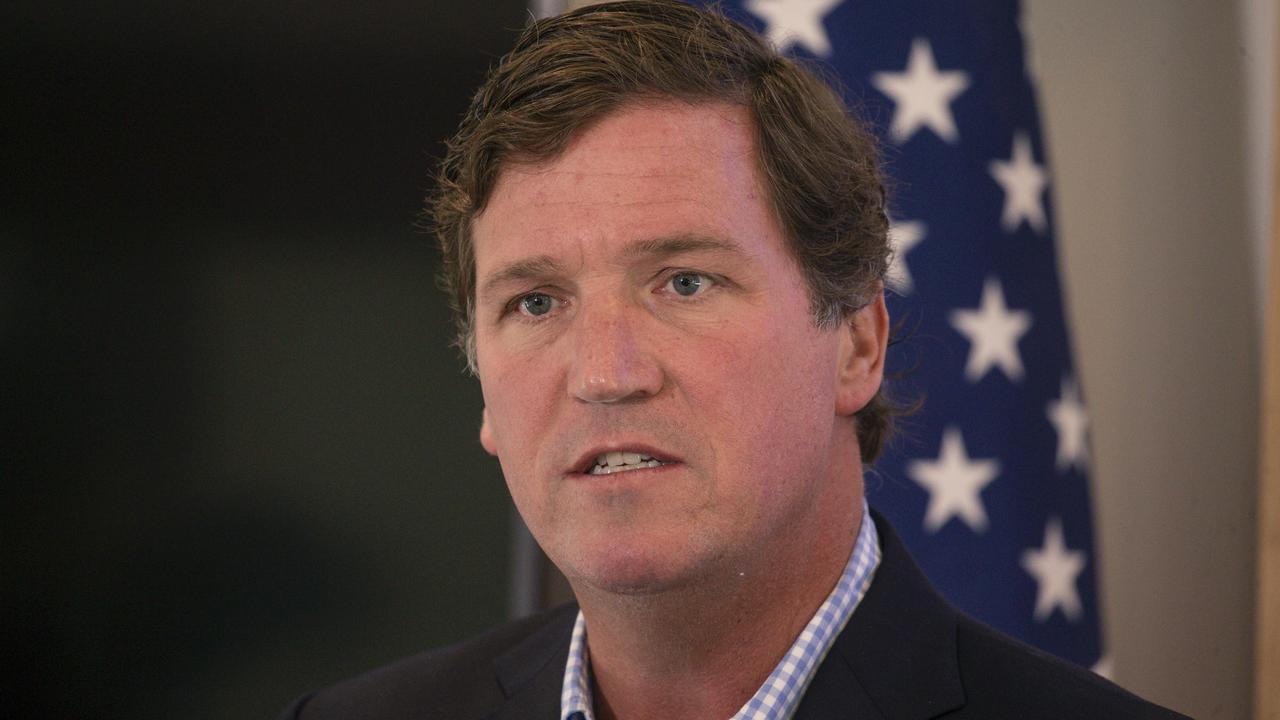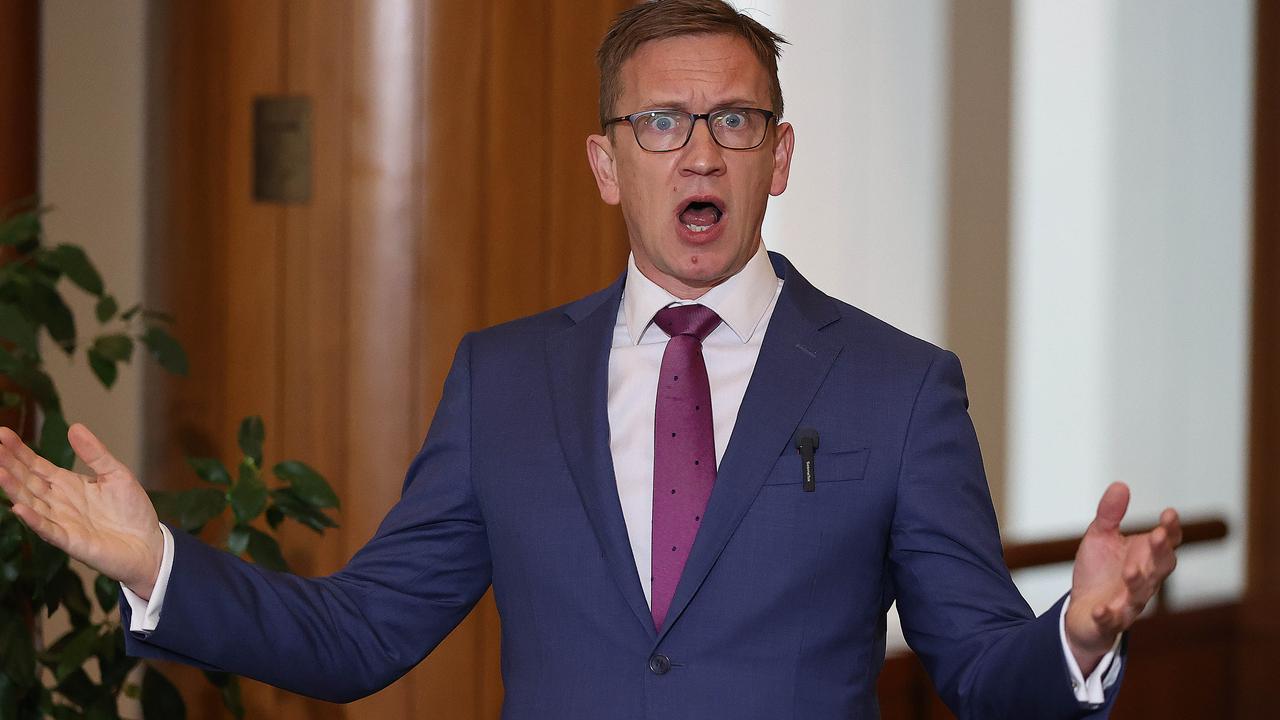Shannon Deery: Labor government will suffer ultimate consequence of pay dispute woes
Relentless public sector demands for better pay and conditions aren’t letting up — and the Allan government may suffer the consequences if they can’t be resolved soon.

Opinion
Don't miss out on the headlines from Opinion. Followed categories will be added to My News.
The Allan government’s war with its frontline emergency service workers shows no sign of slowing.
Paramedics report getting closer to reaching an in-principle agreement, but until then their industrial action continues.
They want a better pay deal, improved end of shift management provisions so paramedics can finish their shift on time, and better rural resourcing.
Firefighters have knocked back thousands of dollars in cash payments and a 12 per cent pay increase over four years. They want the government to hand over $117m in further bonuses before agreeing to sign on to a new wages deal.
And on Friday police rejected an offer of an ultimate 16 per cent pay rise and a new nine-day rostering system guaranteeing extra leave.
They want a bigger pay increase and a host of smaller changes to secure current conditions.
Want, want, want.
Former Premier John Cain lamented that despite his government battling reduced resources, the wants and demands of public sector unions never let up. It is a problem Jacinta Allan is now only too familiar with.

Victoria is on track to be spending $40bn a year on its public sector wages by 2027-28, and that’s before these new deals are in place.
And you can add some more to that — since coming to office Labor has a total $17bn more than expected on its wages bill. On average the government has had to find an extra $1.8bn every year since it came to office to pay its public servants.
At the same time net debt is now forecast to hit $187.8bn by 2027-28 — $67,000 for every household — and a $26m-a-day interest bill.
Friday’s decision by Victorian police to reject the new deal was the first time police had ever voted against the union. Eight weeks ago union members had voted overwhelmingly to endorse the deal.
So what changed?
The period between the union vote to accept the offer in principle, and the employee vote to endorse, gave police time to properly crunch the numbers.
They concluded the promised 16 per cent pay rise was really just 3 per cent annually for four years, lifted to 16 per cent once bonuses and allowances were included.
Which is to say it was squarely in line with the government’s wages cap of 3 per cent.
And that, many argue, is not enough.
Perhaps they looked to our nurses, who after rejecting 3 per cent annual pay rises scored a massive 28.4 per cent pay over the next four years.
Members of parliament including the Premier herself locked in a 3.5 per cent pay rise earlier this month, while the state’s 1600 public servant executives are in line for pay rises of up to 4.5 per cent. There is money to be had, and our frontline workers know it.
Police were also concerned about the introduction of nine hour shifts that promise one extra day off a fortnight.
In 2019 police signed an EBA that included the introduction of a promised blended rostering system.
It was never delivered.

They felt they had sacrificed better pay increases for another new rostering model which may actually be realised.
Particularly when Chief Commissioner Shane Patton lobbied so hard against it, saying it would force station closures and take cops of the beat. Some police estimated that without adding 1000 new officers to the frontline, the new model could never be implemented.
RMIT workplace expert Professor Anthony Forsyth said the ongoing industrial disputes presented a major challenge for the Allan government.
He believes the cost of living is the major reason workers are fighting the government so hard for better outcomes. And after a decade in power, Labor is struggling to keep pace.
“Generally Labor governments start working closely with public sector unions who have high expectations of them, but overtime circumstances change and fatigue sets in,” he says.
“The longer the negotiations go on the more likely we are to see unions push boundaries about what bans and other actions they can put in place. It becomes really tricky for the government especially going into the next election.”

Prof Forsyth points out there are various levers government can pull to ensure any strike action doesn’t affect community safety.
So, it’s not exactly a level playing field.
But the government will want to avoid dragging these protracted disputes out a single minute longer than they need to.
There’s a level of brand damage that comes when 30,000 of the state’s frontline workers turn on you. Then there’s the pure economics of it all.
There have long been warnings that Victoria’s super-sized public service is a major challenge to addressing the state’s debt.
The government’s wages bill has almost doubled from the $18.8bn since it came to office, with expenses this financial year set to hit $36.5bn.
At some point, something, or someone, has to give.
Originally published as Shannon Deery: Labor government will suffer ultimate consequence of pay dispute woes




